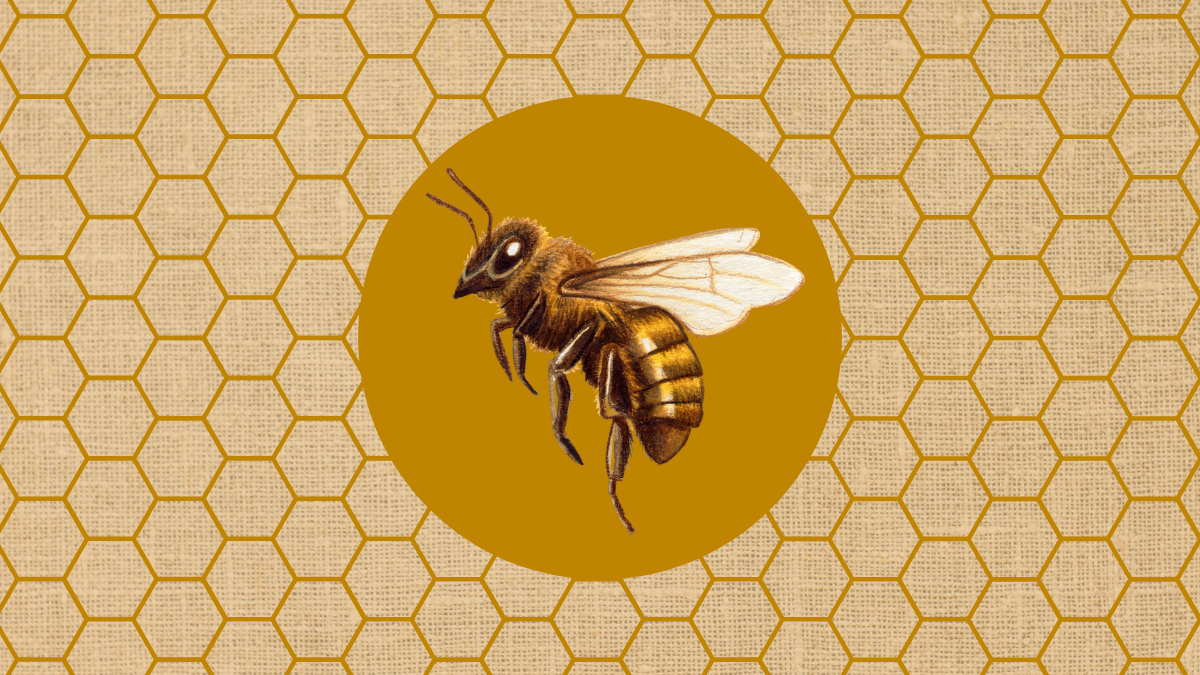Source: Coastal Review
Did you know that there are over 3,600 native bee species in the USA? Or that 85% of all flowering plants rely on pollinators for reproduction, and 67% of agricultural crops depend on pollination, so we can thank bees for one in the three bites of food we take?
One would be hard-pressed to over-emphasize the role that native pollinators play in our ecosystems, which is what a nationwide nonprofit, Bee City USA hoped to educate folks on during this year’s annual National Pollinator Week (June 19-25). Quite simply put, our world cannot survive without bees
Bee City USA was launched right here in North Carolina. As reported in the Coastal Review, this an initiative launched by Phyllis Stiles in 2012 in Asheville. Stiles was introduced to beekeeping through her husband Jim, who thought it could be a special hobby for the two of them.
“It meant so much to him that I went to bee school that year. And the bees were so fascinating. Oh my gosh. You know that line in the movie Jerry Maguire where she says, ‘You had me at hello?’ The bees had me at hello,” Stiles told The Laurel of Asheville.
Starting at her own local bee club, Stiles created a national program in which they could enlist cities and colleges to conserve pollinators. The conservation program focuses on four major principles, as laid out in the Coast Review, plant native plants that bloom throughout the growing season, reduce or eliminate pesticide usage, protect natural nesting sites for bees, and spread the word.
Acquired by the nonprofit Xerces Society for Invertebrate Conservation in 2018, Bee City now has 354 city and campus affiliates in 46 states, Washington, D.C., and Puerto Rico.
The Coastal Review interviewed Bee City USA Coordinator Laura Rost, who explained this year’s National Pollinator Week theme is “Bee Safe”, focusing on reducing pesticides. Established by Congress in 2006, the resolution was passed to help educate the public about the need to conserve native pollinators.
You do not have to live in a Bee City to celebrate this year’s pollinator week. To find ways you can immediately support pollination efforts in your own backyard, by visiting Xerces Society’s Pollinator Conservation Resource Center.





